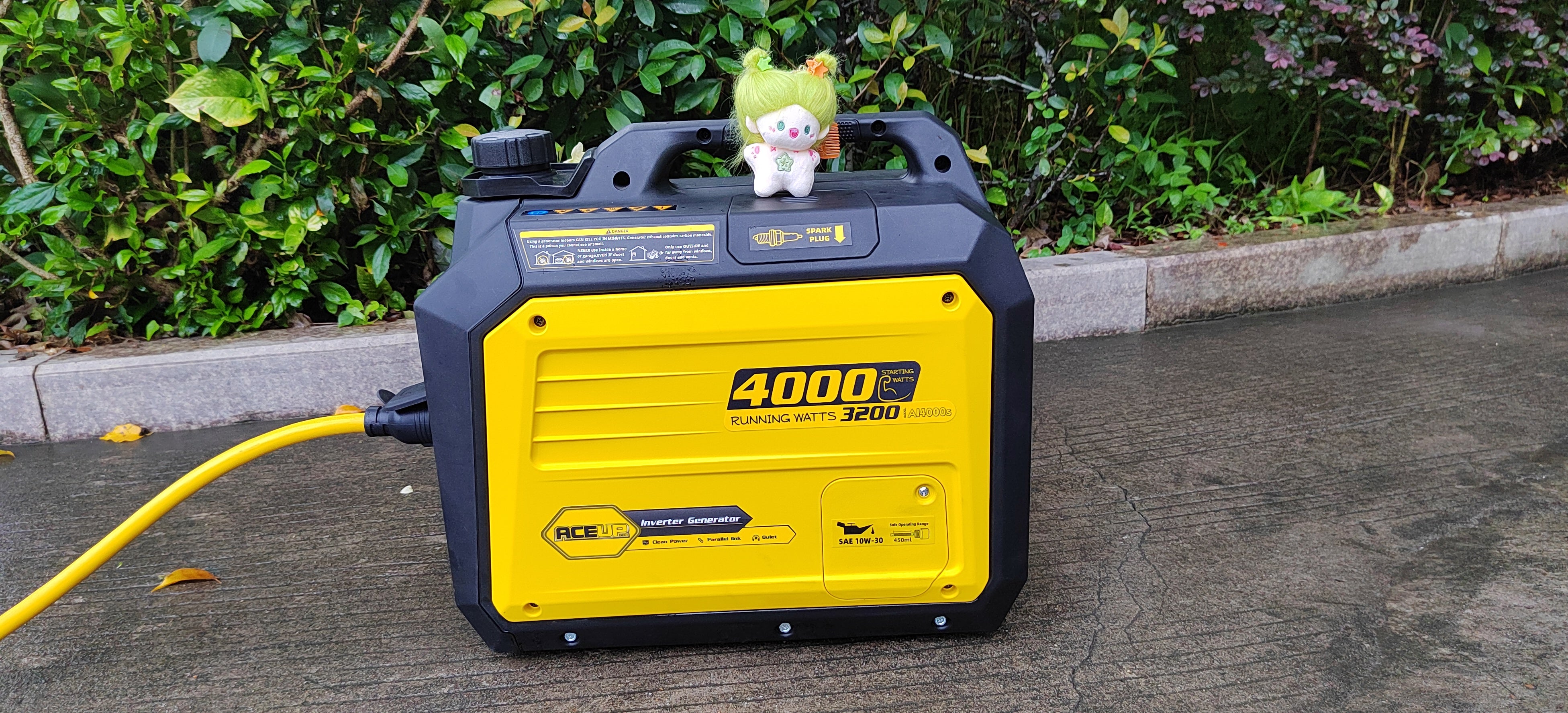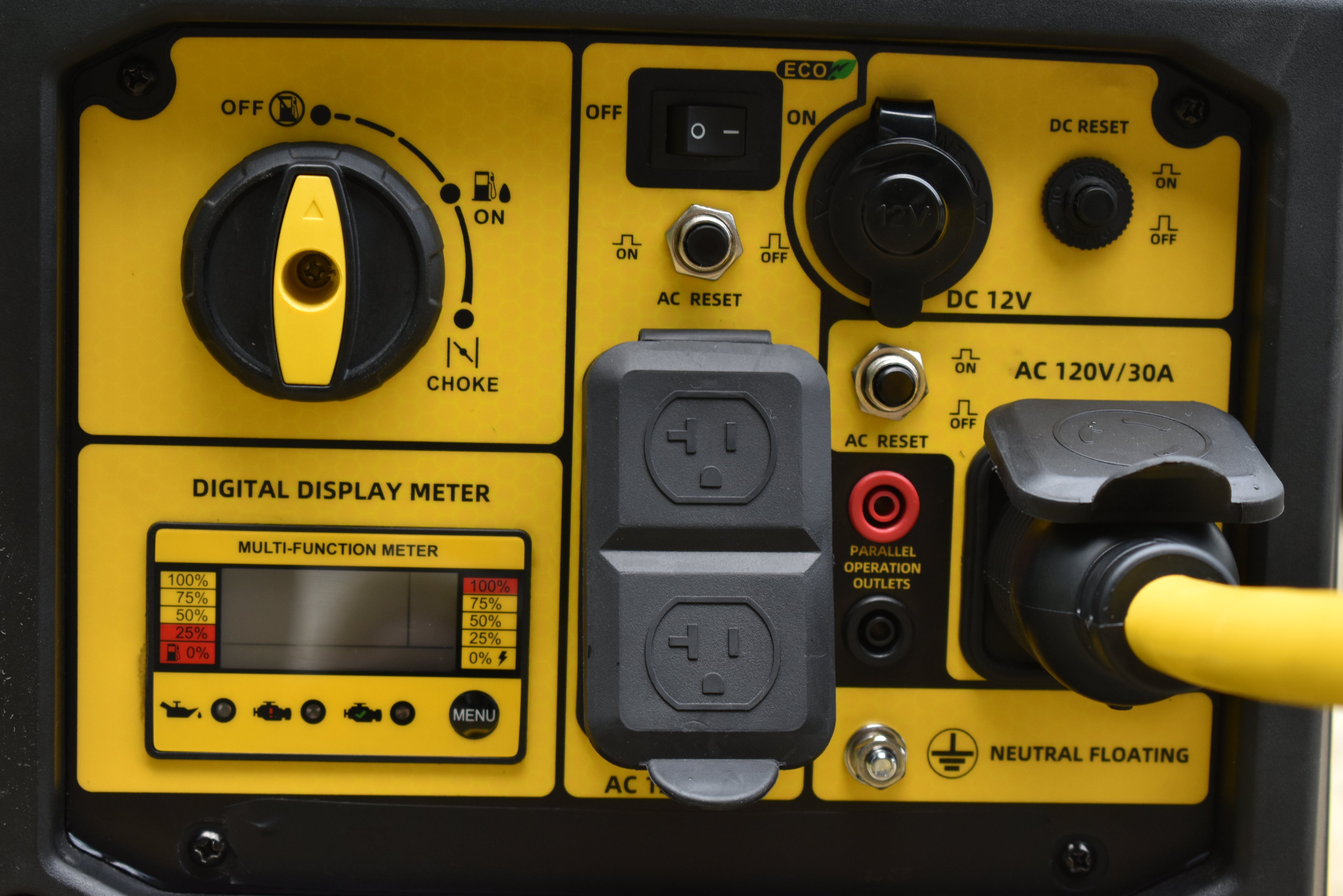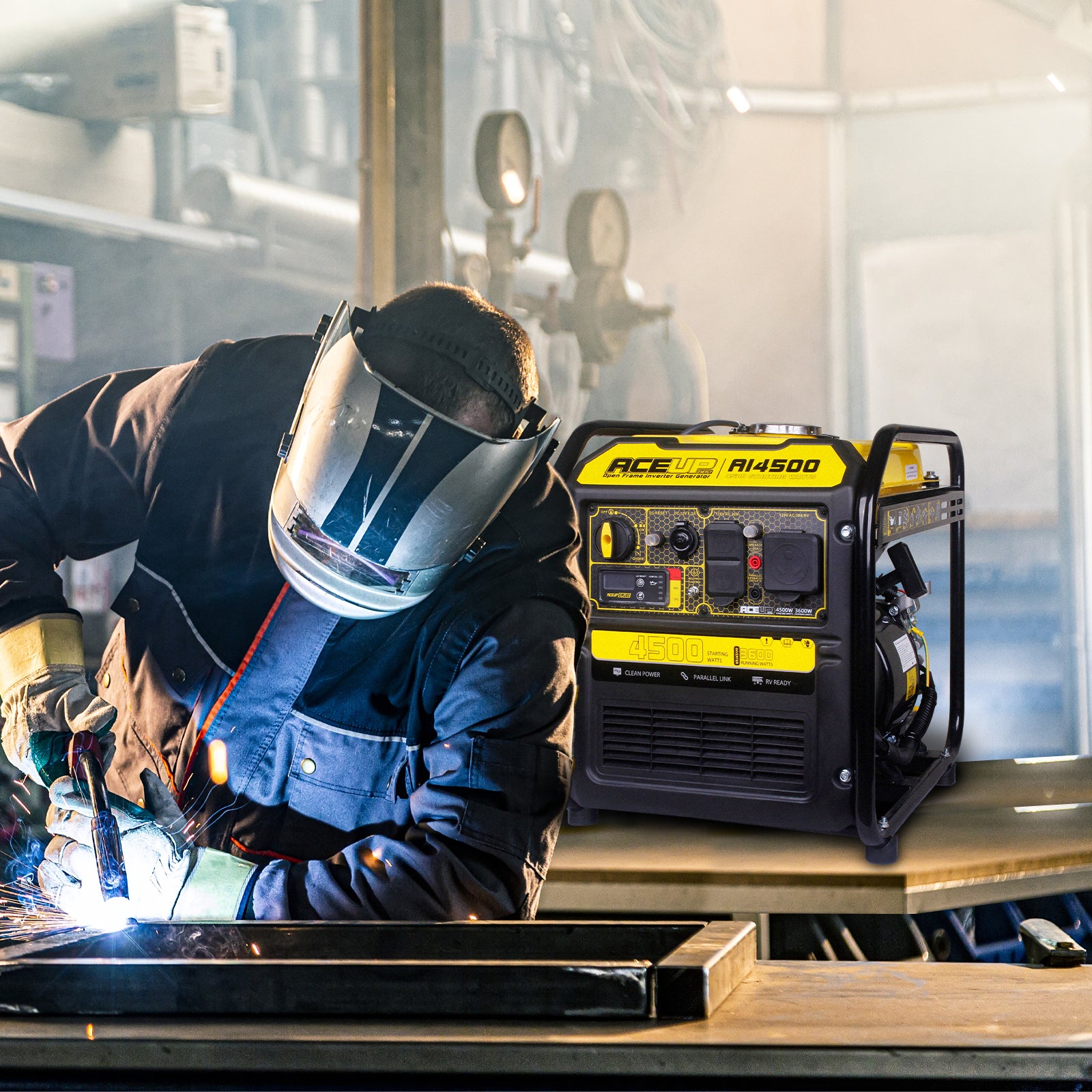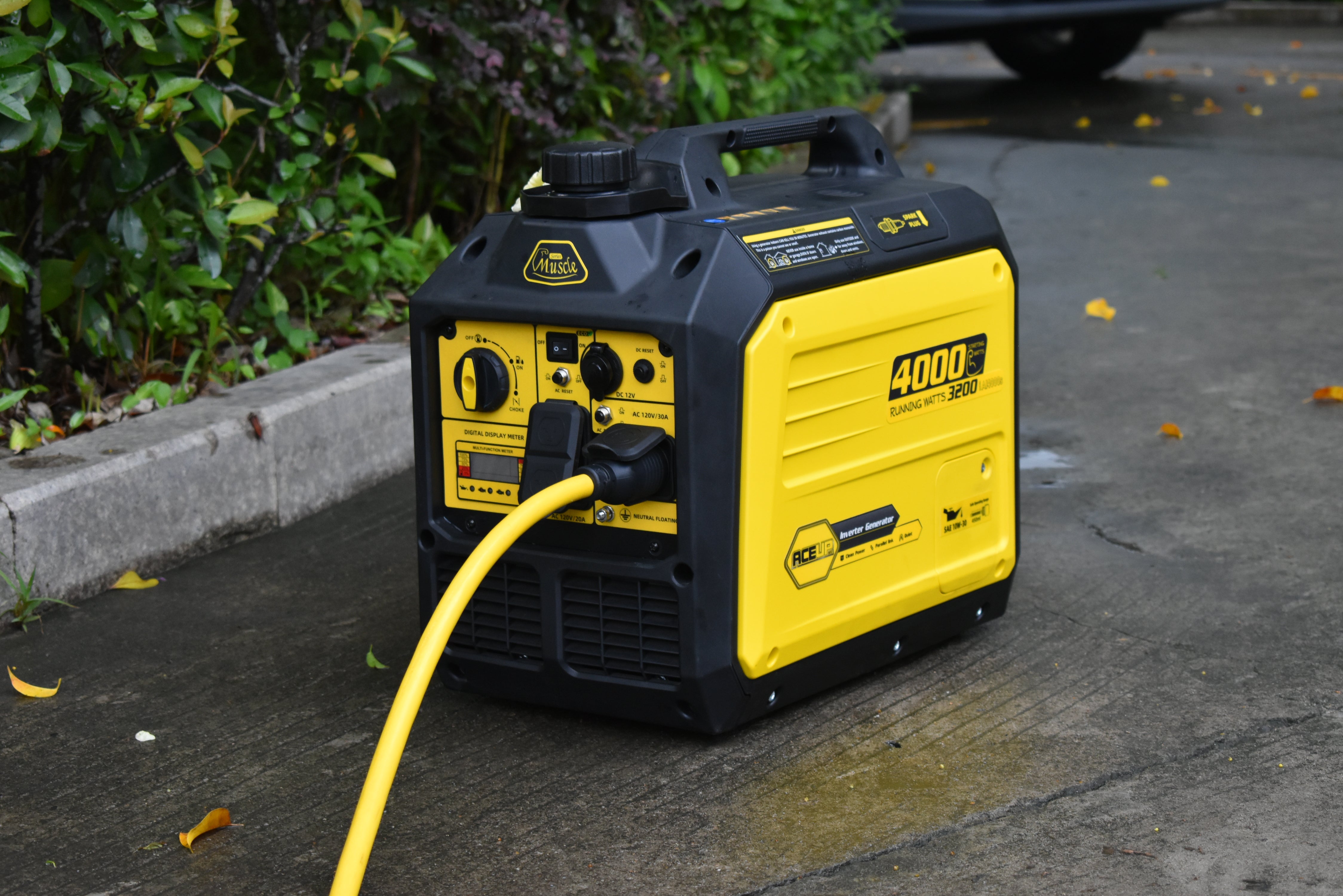
Pros and Cons of Inverter Generators
They cost more but run longer and quieter than traditional generators.
Inverter generators can run longer on a fuel tank than conventional models, which can be a big advantage in an emergency when gasoline is scarce.
Should you buy an inverter generator? It depends on your willingness to pay more for better performance.
Much like a traditional portable generator, an inverter generator can power your home appliances and electronics when the electricity goes out. You set it up the same way, using gasoline as fuel and safely positioning it at least 20 feet from your home—never indoors—with the exhaust pointing away from your dwelling to avoid carbon monoxide poisoning.
But inverter generators are better in a variety of ways:
They’re quieter than traditional portable generators.
They’re more efficient, so they use less fuel.
They deliver cleaner power.
Is an Inverter Generator Worth It?
The main drawback of inverter generators is the cost. Though prices have come down somewhat, the units can be significantly more expensive than a traditional portable generator with a comparable claimed wattage—from a few hundred to a couple of thousand dollars more expensive. Lern more.
But the benefits—which have to do with how they work—may make them worth the extra money. Inverter generators electronically throttle the engine up and down to meet demand, instead of running full tilt all the time as traditional generators do. That makes them more efficient.
That efficiency means you won’t have to fill up the gas tank as often, which could be useful if fuel is scarce after an emergency. Inverter generators also produce lower emissions than conventional models, though you still need to take the same safety precautions by running them outdoors and well away from any dwelling.
The power from an inverter generator also tends to be “cleaner,” with consistent voltage, which is reflected in the power quality test in our ratings. All of the recommended models have earned our highest score for power quality, while some of the conventional generators that we recommend score slightly below that. Power quality can be important when you own devices that can be damaged by low voltage.
Finally, the noise difference between inverters and traditional portable generators can be significant.








